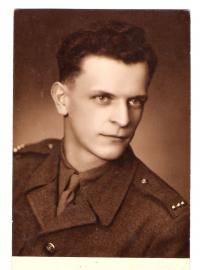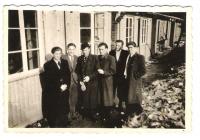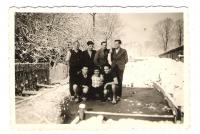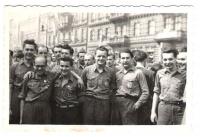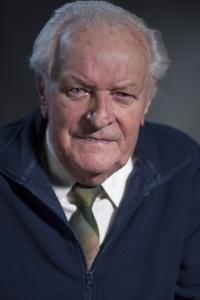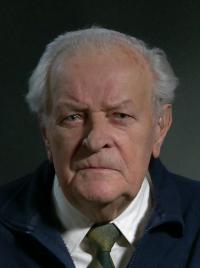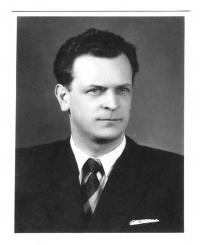Where are we going? To the Reich. That was all we knew.
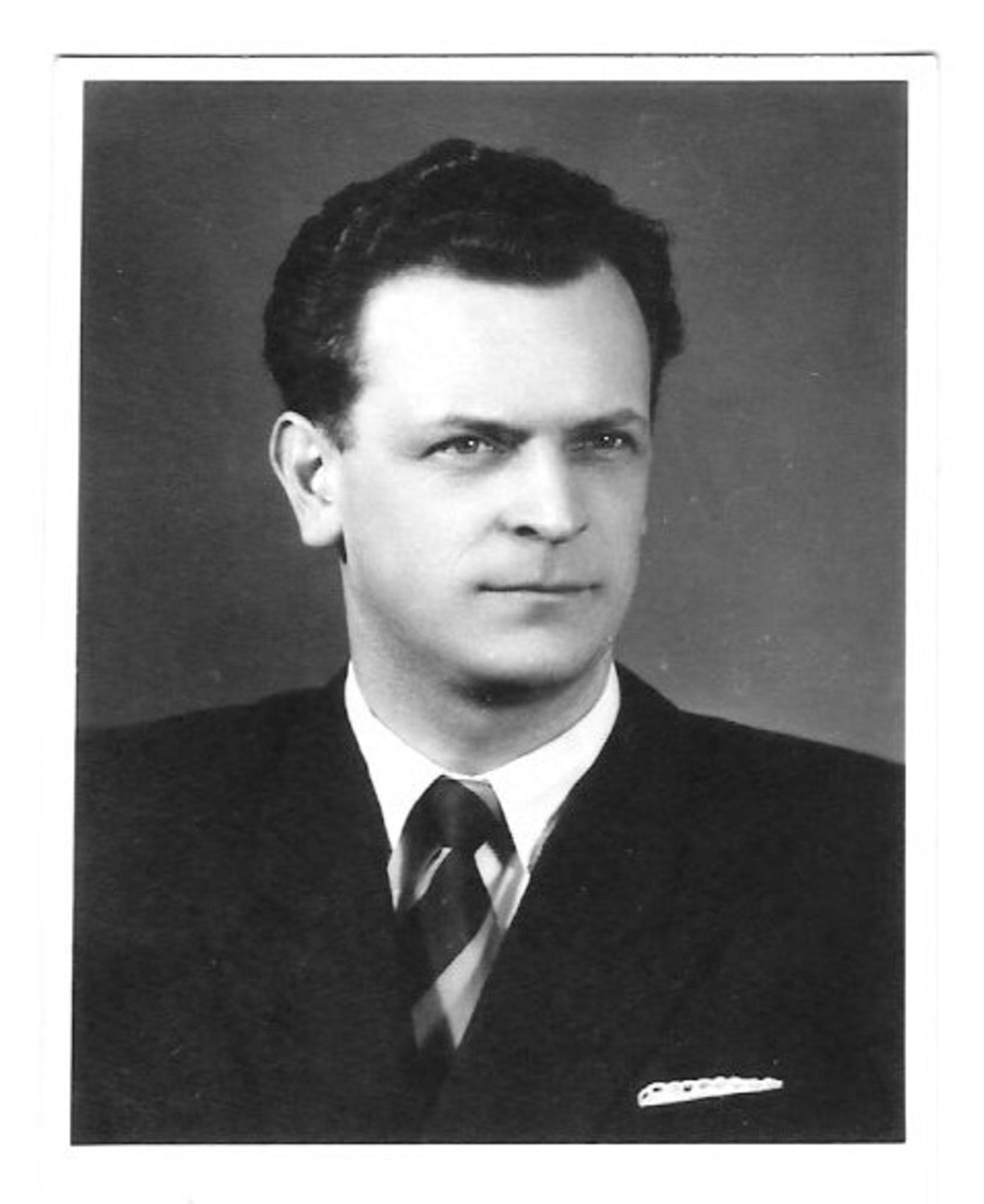
Download image
Josef Skýpala was born January 13, 1924 in Chvalčov in Moravia into a poor farming family. He attended the elementary school in Bystřice pod Hostýnem and in 1939 he began working as a lathe-operator in the local factory Impregna. Five years later he was sent to do conscripted labour in the factory Auto Union in Chemnitz. In September 1944 he witnessed a devastating air raid on the city which destroyed a nearby factory that produced the Panther tanks. In December 1944 he was ordered to transfer to Prague to work in the factory Avia in Letňany, where the living and working conditions were better than in Chemnitz. In February 1945 he experienced the bombing of Prague. In spring he volunteered to dig trenches in Brno, but he eventually escaped from there and returned home. He took part in the liberation fighting in May 1945 in Chvalčov. He was burying shot German prisoners of war and he also witnessed how their valuables were being handled. He did his military service after the war. He also completed his elementary education during this time and he learnt the shop assistant’s trade. In 1947 he began working in the company MEZ in Frenštát and in the 1950s he received recommendation to study at the university. In the following year he successfully passed his secondary school leaving exam and he was admitted to the Czech Technical University in Prague. He graduated after five years and subsequently he was promoted to the position of the testing laboratory manager in the quality management department. In 1968 he was dismissed from the Communist Party for his critical remarks which aimed mainly at the company’s nonsensical commitments. He was then transferred to a lower position and his wife’s career was affected as well. He found it very difficult to bear this humiliation; nevertheless he kept working in MEZ until his retirement age. After retiring, he and his wife returned to his native village. The village of Chvalčov published the memoir of Josef Skýpala in 2009.
